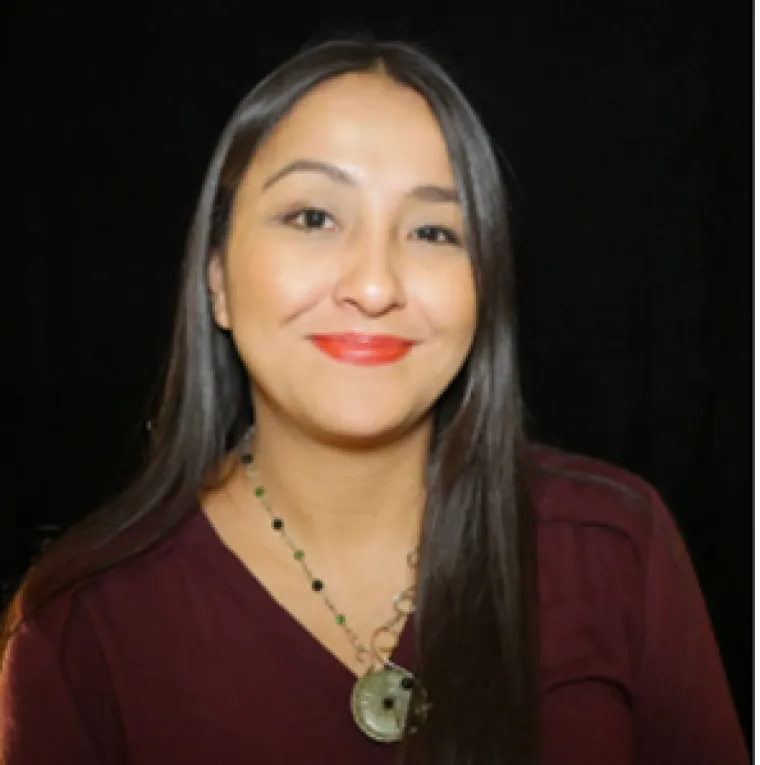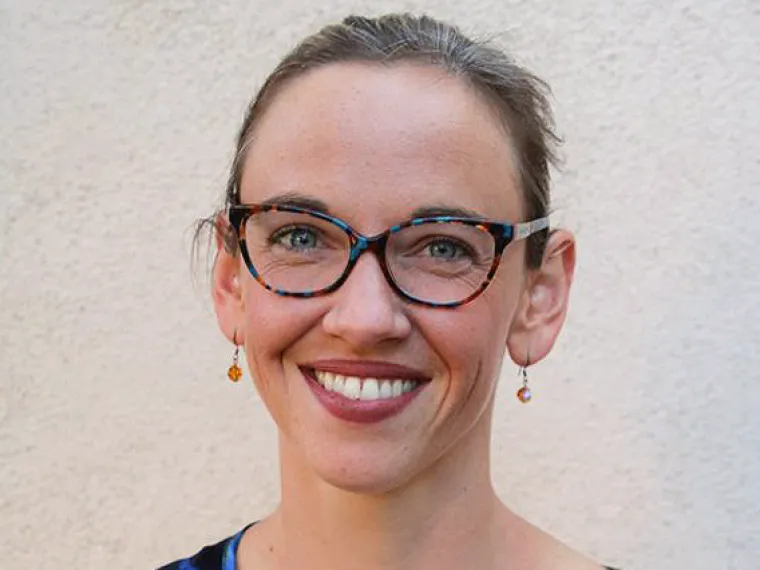
Photo by Robin C. Reineke
Projects
With the Dead, For the Living: Forensic Care in the US-Mexico Borderlands, by Robin C. Reineke
With the Dead, For the Living: Forensic Care in the US-Mexico Borderlands, by Robin C. Reineke is an ethnography about forensic care in southern Arizona. Through a close examination of the work done by families, government officials, and local residents to care for the dead and find the missing, the book presents an ethical discussion of the politics of care and visibility. An autoethnography, the book draws on over fifteen years of forensic practice and ethnographic research and in the borderlands.
Forensic Citizenship in the US-Mexico Borderlands
Forensic Citizenship is a binational collaboration between Robin C. Reineke, Natalia Mendoza Rockwell, Miguel Fernandez de Castro, and Dorsey Kaufman. This oral history and visual anthropology project has documented citizen forensic work on both sides of the border since 2021. It was developed with support from the UA Libraries Digital Borderlands Project and the Confluence Center’s Fronteridades Project.
Forensic citizenship among families of missing migrants along the U.S.-Mexico border. (Academic paper)
Download the PDF here.

Photo by Robin C. Reineke
Excessive Use of Force at the US-Mexico border
A collaboration between Dr. Robin C. Reineke and Dr. Daniel M. Martinez, this project examines forensic records of deceased migrants for evidence of excessive use of force by US law enforcement agents.
Proyecto Esperanza
Proyecto Esperanza is a clearinghouse for missing migrant cases that serves families of missing migrants and government forensic offices along the border through forensic science and technology. Project staff collect, manage, and share data about missing migrants with forensic practitioners along the entire US-Mexico border, with particular emphasis on southern Arizona.
Those searching for a missing migrant should email project staff at busqueda@arizona.edu. You can also use this form for general inquiries or to report a missing person. Your information will help us assist you promptly.
Health Risks and Coping Strategies in the Families of Disappeared Border Crossers
Every year, hundreds of Mexicans and Central Americans disappear in the Sonoran Desert while crossing over to the United States, paying a terrible price for their efforts to rejoin family members and seek work and safety. The painful effects of these ambiguous losses ricochet widely throughout the migrants’ communities on both sides of the border, compounding already high rates of economic hardship, family separation, and emotional trauma and thereby acting as an important but unexplored social determinant of health. The binational research team, including Principal Investigators Robin Reineke (University of Arizona) and María Elena Ramos Tovar (Universidad Autónoma de Nuevo León) and UA researcher Rebecca Crocker, is investigating the health impacts of having missing family members.
Ambiguous Loss and Embodied Grief Related to Mexican Migrant Disappearances.(Academic paper)
Download the PDF here.

Photos by Robin C. Reineke



